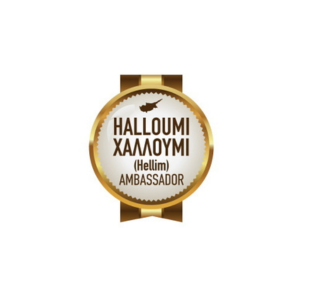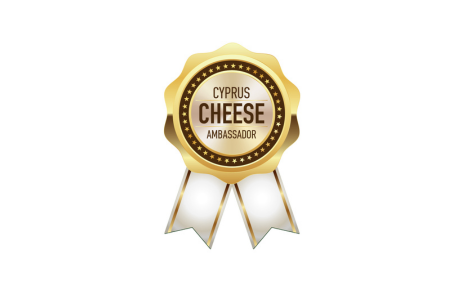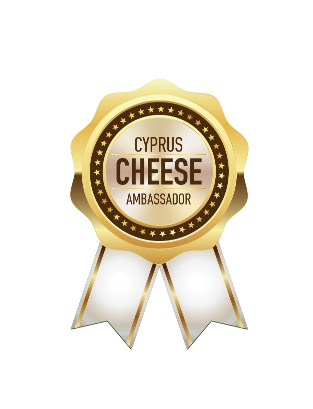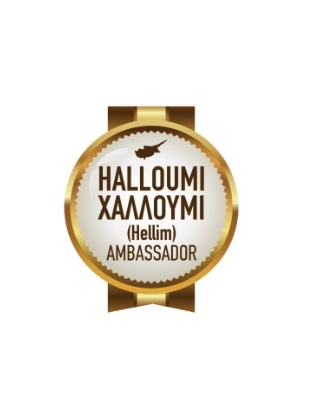What are quality trademarks?
International recognition for traditional products!
Take Advantage of the Quality Trademarks Held by the of Cyprus Food and Nutrition Museum ! International recognition of traditional products through quality trademarks is a strategic tool for protecting and promoting authentic local goods on a global scale.




Which quality trademarks does the of Cyprus Food and Nutrition Museum hold?
The of Cyprus Food and Nutrition Museum , recognizing the significant value of Quality Trademarks, has secured the following trademarks with the aim of helping Cypriot companies promote their products globally and distinguish them from competitors.
- HALLOUMI ΧΑΛΛΟΥΜΙ (Hellim) AMBASSADOR: Find more information here https://www.tmdn.org/tmview/#/tmview/detail/CY502021000091657
- CYPRUS DAIRY CULTURE AMBASSADOR: Find more information here https://www.tmdn.org/tmview/#/tmview/detail/CY502021000091658
- CYPRUS CHEESE AMBASSADOR: Find more information here https://www.tmdn.org/tmview/#/tmview/detail/CY502021000091656
- CYPRUS TASTE AND GASTRONOMY AMBASSADOR: Find more information here https://www.tmdn.org/tmview/#/tmview/detail/CY502021000091659
Contact the Museum of Cyprus Food and Nutrition Museum for Use of the Quality Trademarks:
If you are interested in utilizing the registered trademarks of the Museum to promote or distinguish your food products internationally, please contact us:
📧 Email: cyfoodmuseum@gmail.com
📞 Phone: +357 99295150
A few words about the importance of trademarks
What advantages does the use of a Trademark give me?
By obtaining a trademark, the owner is granted the exclusive right to use it, achieving the following:
- Recognition of the origin of the product or service by the consumer
- Advertising of the product or service and attraction of new customers
- Promotion of competitiveness
- Providing a guarantee of the origin of the product or service and consequently of their quality
What is the significance of Trademark Registration?
The legal process of recognizing a trademark begins with the submission of a specific Declaration and the related file by an authorized lawyer to the competent department of the Ministry of Commerce. After checking the formal legality and any necessary corrections, the case is brought before the Administrative Trademark Committee. The Committee’s decision is then recorded in a special public register along with all the identifying details of the trademark.
Importantly, this registration has retroactive effect, meaning its consequences date back to the time of the Declaration’s submission. It constitutes an individual administrative act of a constitutive nature and creates an absolute right against everyone.
For more information on using the above trademarks, please contact the Museum of Cypriot Food and Nutrition at cyfoodmuseum@gmail.com or +357 99295150.
Result:
- The right holder is entitled to use the trademark and to prevent third parties from using the same or a similar trademark. They acquire a powerful tool for maintaining and expanding their customer base.
- They have the right to transfer the trademark in exchange for compensation corresponding to the reputation and distinctive power of the trademark at any given time.
- They are also entitled to grant licenses for parallel registration or use of the trademark to third parties in exchange for compensation.
Therefore, a trademark, beyond its primary function of differentiating a company’s products and services from others, is also an intangible asset that can be commercially exploited. To yield benefits, it requires quality, proper management, available capital, dynamism, and long-term use in the market.
For this reason, both the registration and management of a trademark concern businesses with growth potential, available capital, advertising strategies, and a strong presence in free competition.
Smaller-scale businesses can unite under a strong trademark with usage rights, while even smaller, dynamic, and well-established businesses within a specific market area can successfully achieve the same by using distinctive features of their products or services, which within their geographical area serve the same function as a trademark.



